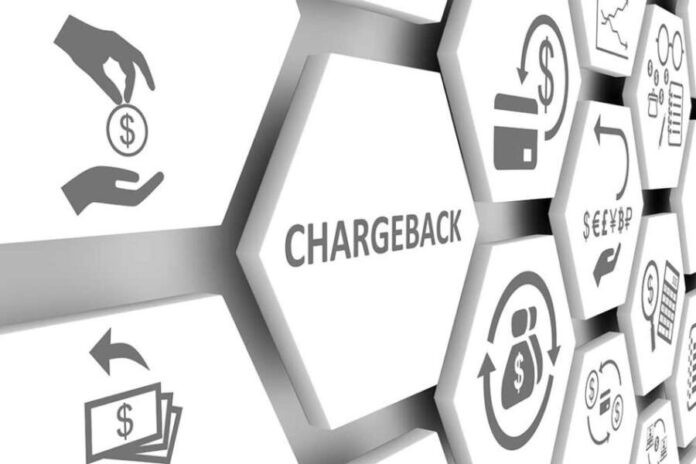Chargebacks are powerful tools for consumers to protect themselves. However, they are a very common and often frustrating occurrence for merchants. Even with the legal protections in place, it can be a confusing process for sellers. There are many different types of chargebacks. Merchants need to be knowledgeable about them and what causes them in order to properly defend themselves against them. Keep reading to learn what is a chargeback, its common types, and how chargeback impacts the merchant.
What Is A Chargeback?
Chargebacks occur when a consumer disputes a purchase from a merchant. The consumer issues the chargeback (meaning they ask the credit card company to refund the money to them) because they did not receive what they purchased or believe buyers were swindled.
The consumer sends a chargeback dispute note back to their credit card company, which then initiates the chargeback on behalf of the customer. The merchant can appeal this issue and is obligated to provide proof of delivery and evidence that is disputed by the consumer within a certain time period set by card associations, usually for about 60 days.
Three Most Common Chargeback Types
The three most common chargeback types are merchant error, true fraud, and friendly fraud.
Merchant Error Chargeback
A common type is a merchant error chargeback. This is when the consumer disputes the purchase with their credit card company because they believe it was purchased incorrectly. For example, this could be as simple as a store or business selling an electronic product for more than the price listed. Another reason is when a seller sends the wrong item, or the order doesn’t arrive on time. In these cases, a customer can request a chargeback, but often, merchants resolve such issues before chargebacks appear.
Usually, such merchant mistakes don’t commit intentionally, however, the effects of such errors are deleterious to your bottom line. Such mistakes can be also caused by technical errors or problems in business processes. Anyway, a merchant should solve them as soon as possible to prevent merchant error chargebacks in the future.
True Fraud Chargeback
Fraud chargebacks are a very common type of chargeback. This is a true fraud when customers order products or digital services using stolen credit or debit card information. The legitimate card owner would claim a chargeback regarding this fraud transaction if such happened.
Everyone understands that such a deal is illegal, so these cases should be thoroughly investigated. But sometimes, such chargebacks can be caused due to a misunderstanding. For example, a family member can use the husband’s or wife’s credit card to purchase something online. And without inner family investigations, they could file a claim against your company.
Friendly Fraud Chargeback
Friendly fraud chargebacks are a common type of chargeback. The most typical example would be when the customer buys something online, consumes it, and then requests a chargeback, claiming they didn’t receive it. In other words, customers want to use the product without paying for it.
They “did not receive” the product because they consumed it themselves or gave it to somebody else as a gift. But this type of chargeback can occur in other scenarios as well. For example, such issues can be claimed because of dissatisfaction with the product or service or other customer mistakes while placing the order. Nevertheless, merchants should pay more attention to customer service and try to decrease friendly fraud chargebacks.
Does Chargeback Impact The Merchant?
It is important to note that chargebacks are considered a form of consumer disputes, not fraud, so the merchant is at no fault. However, chargebacks can have negative impacts on businesses because of the fees associated with them. For example, American Express’s monetary penalties for merchants are high and serve as a disincentive.
The chargeback fees vary depending on what type of product or service was purchased or sold by the merchant, but they can be quite substantial. Moreover, frequent chargebacks can lower customer service and give a high risk to the whole business.
The Bottom Line
To some extent, chargeback for merchants is a part of doing business. But pay attention to them and reduce the number of chargebacks you have by following good business practices and offering excellent customer service. The key is to have the knowledge of what causes them and how a merchant can defend itself against them.
Knowing the most common types of chargebacks, you can resolve the most issues from customers. But if you have no chargeback specialists in your company, you can use a flexible chargeback prevention platform to grow the company with no fuss. Such service helps prevent, resolve, and recover your business from chargebacks and save the revenue.






























































